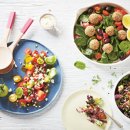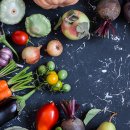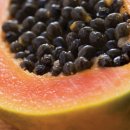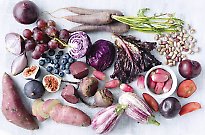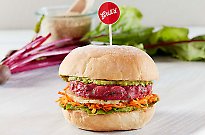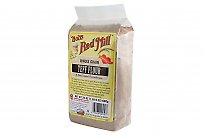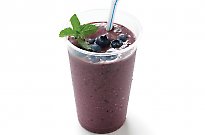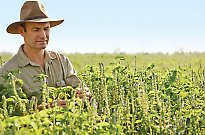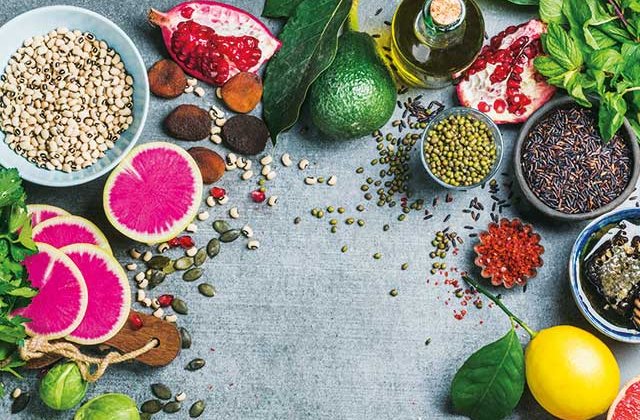
How to eat organic on a budget
How to eat organic on a budget

One solution for those keen to make the switch from conventionally produced products is to prioritise and make trade-offs. For example, you might grow some of your own food, splash out on the organic option for foods high in pesticides and shop ‘lower down on the food production chain’. Anderson says, “If I’m buying an apple or tomato it will cost a reasonable amount more than if I’m buying tomato sauce or something down the track.” Buying your organic produce direct from the farmer or local farmers markets can also be cheaper.
Avoiding pesticides with Mark Anderson
Foods to buy organic - Anderson says that these foods are likely to contain more pesticides.
• Plants that need a lot of pest and weed control such as apples, grapes, strawberries and coffee.
• Plants that easily absorb chemicals and/or are more difficult to remove chemicals from such as leafy greens, soft fruit with a thin skin (such as strawberries and peaches), potatoes (they absorb a lot of chemistry from the soil and take a long time to grow), cucumbers, celery and capsicums.
• Foods that contain fats, which collect and concentrate chemicals. These include meat (especially fatty meat), milk and milk products, as well as flour and flour products.
The safe eight
Foods with thick skins, natural pest resistance or quick growth are least likely to contain pesticides.
- Garlic (avoid Chinese imported products)
- Onions
- Pineapple
- Avocado
- Pumpkin
- Citrus fruit
- Rockmelon
- Eggplant

